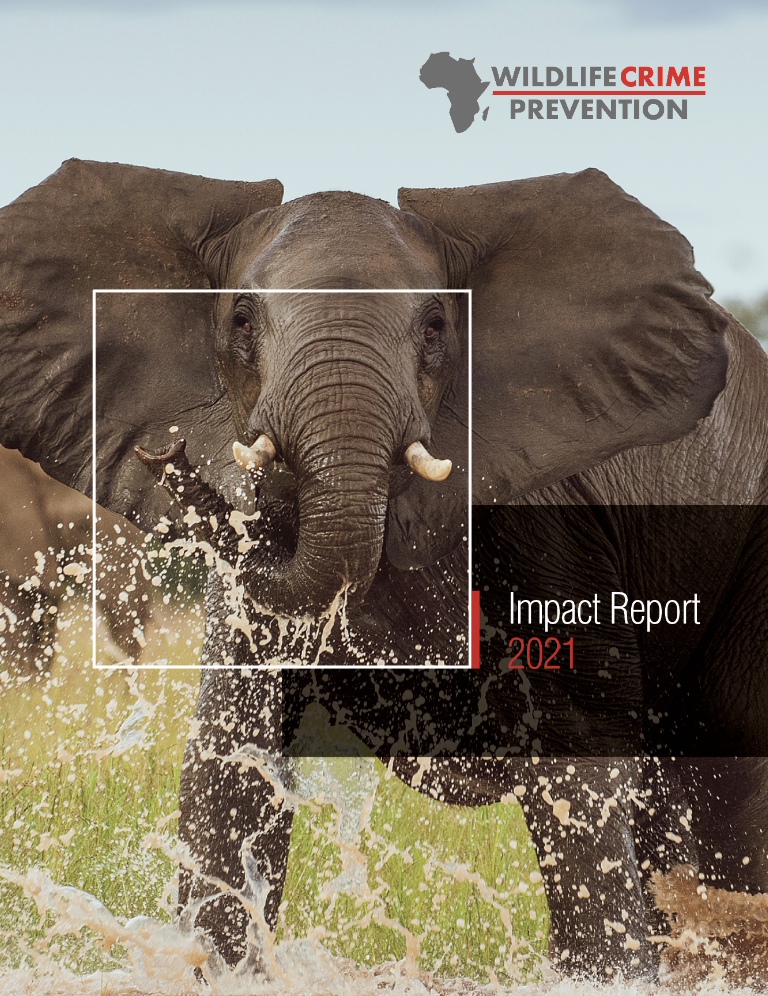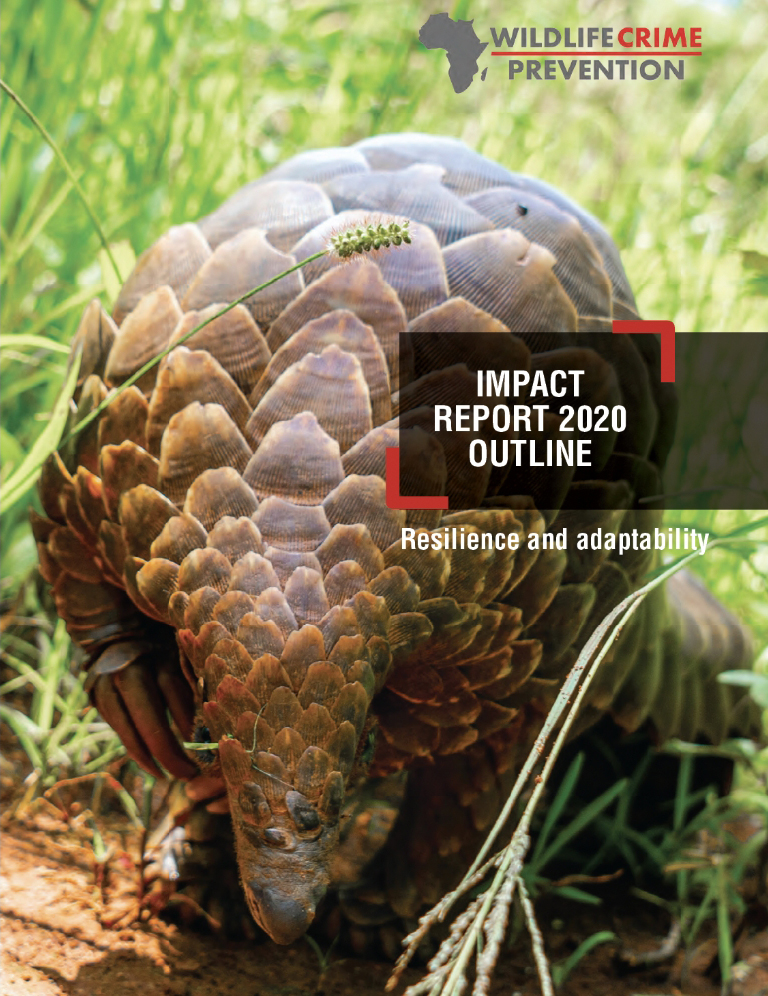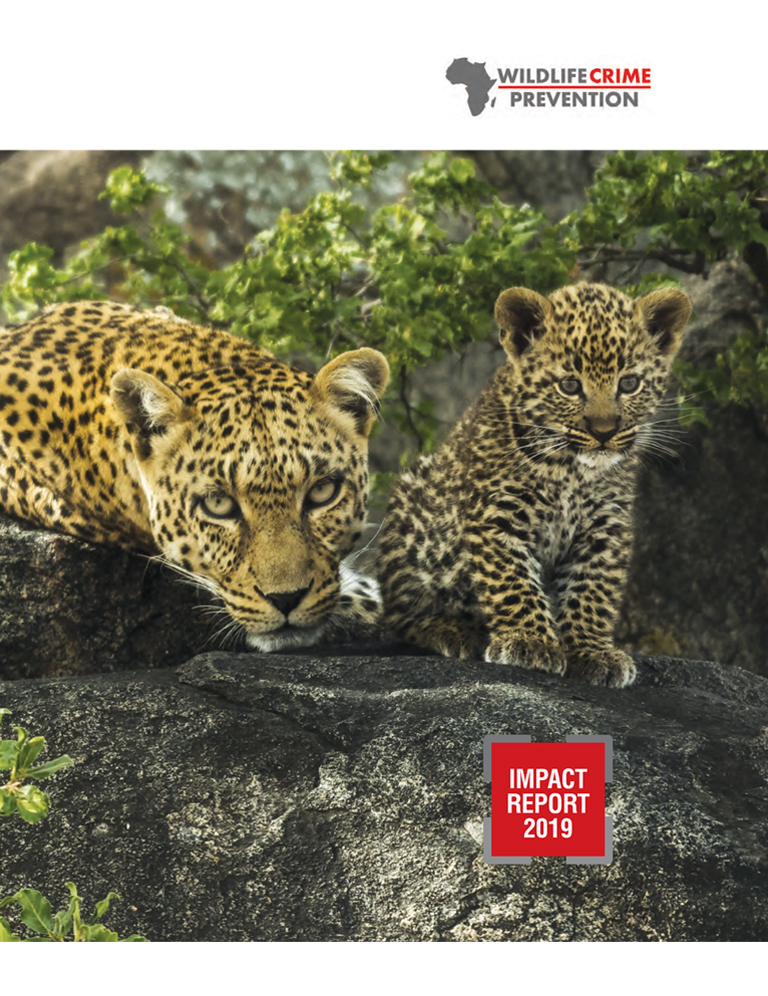Poaching poses a grave threat to Zambia’s wildlife, undermining decades of conservation efforts and endangering the survival of iconic species. Illegal hunting activities, driven by demand for wildlife products such as ivory and rhino horn, have decimated populations of elephants, rhinos, and other vulnerable species across the country.
The ramifications of poaching extend beyond ecological concerns, impacting local communities and the national economy. Wildlife-based tourism, a significant source of revenue for Zambia, suffers as iconic species decline in numbers. Moreover, the loss of biodiversity disrupts ecosystem dynamics, leading to cascading effects on ecosystem services and human well-being.
To address this pressing issue, concerted action is needed on multiple fronts. Strengthening law enforcement measures, including the prosecution of poachers and traffickers, is essential to deter illegal activities and disrupt wildlife crime networks. Equally important is community engagement, as local support is crucial for effective conservation efforts on the ground. By raising awareness, providing alternative livelihoods, and involving communities in wildlife management, Zambia can build a formidable defense against poaching while fostering a culture of conservation.
International cooperation also plays a pivotal role in combating wildlife trafficking, as poaching syndicates often operate across borders. By collaborating with neighboring countries, as well as international organizations and law enforcement agencies, Zambia can enhance information sharing, intelligence gathering, and coordinated efforts to combat the illegal wildlife trade.
Ultimately, the fight against poaching requires sustained commitment, political will, and resources. Through collective action and unwavering determination, Zambia can protect its precious wildlife heritage for future generations to cherish and enjoy.




